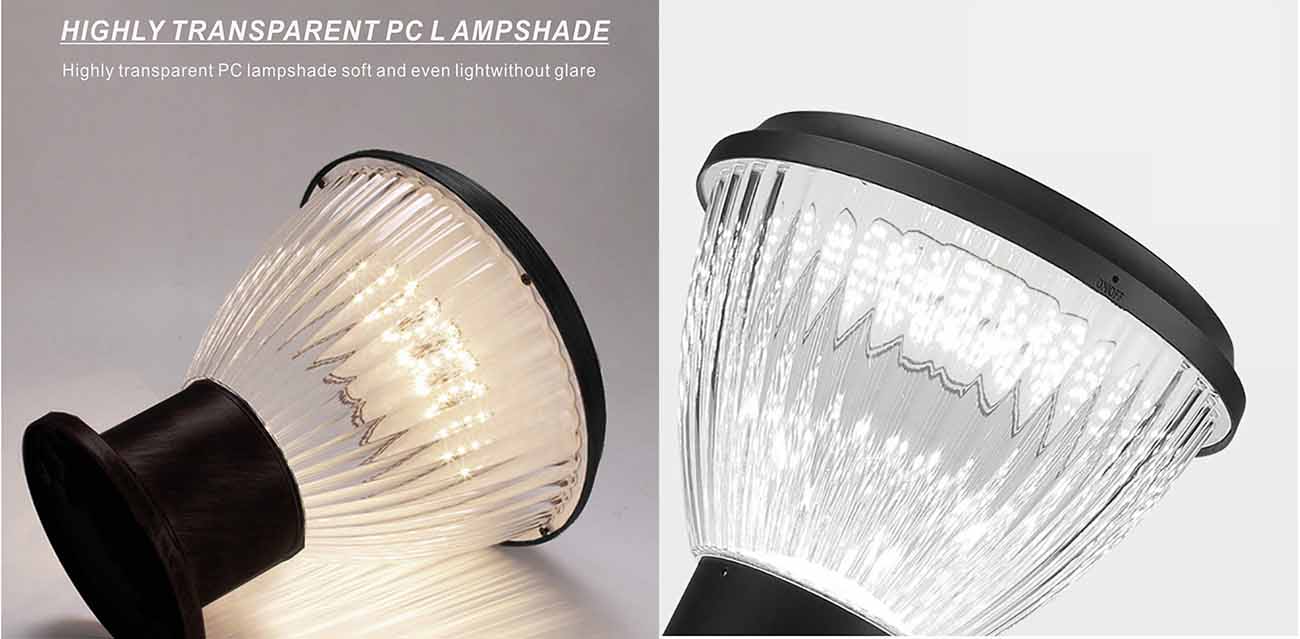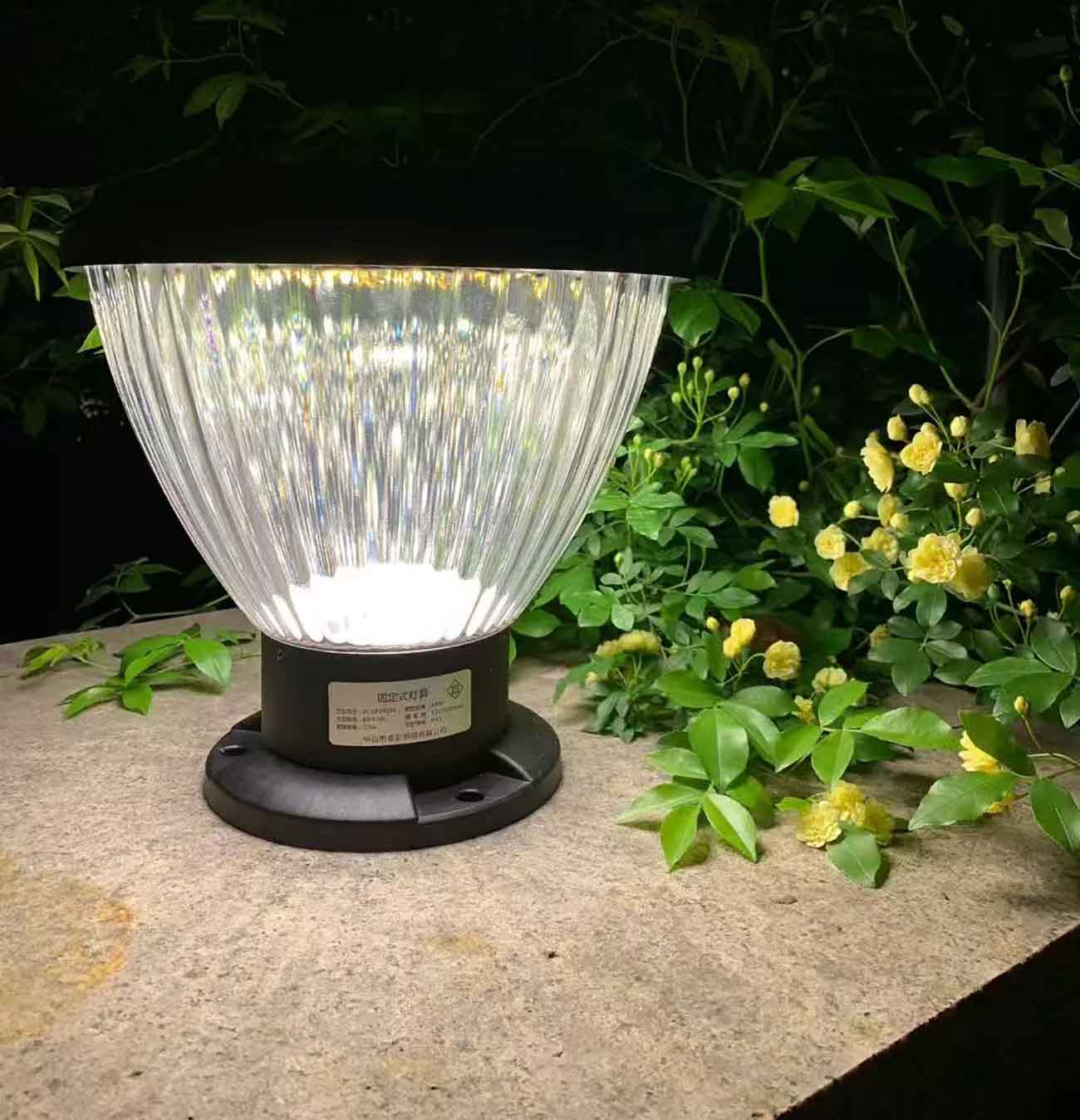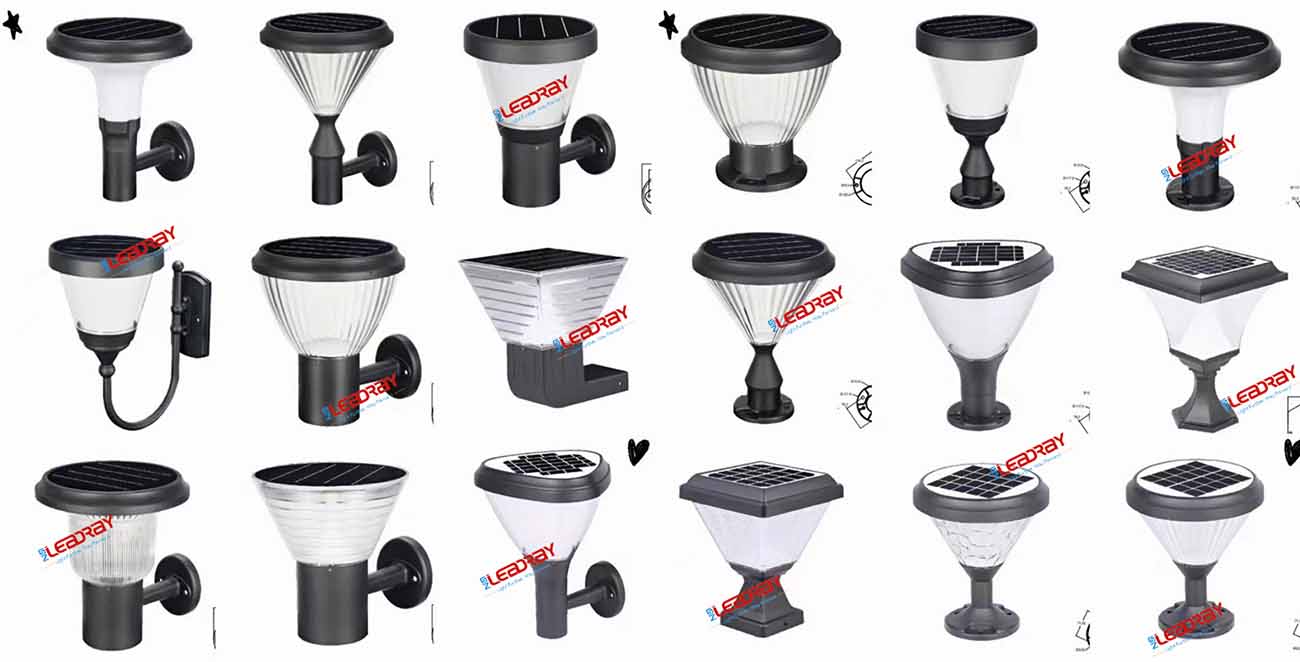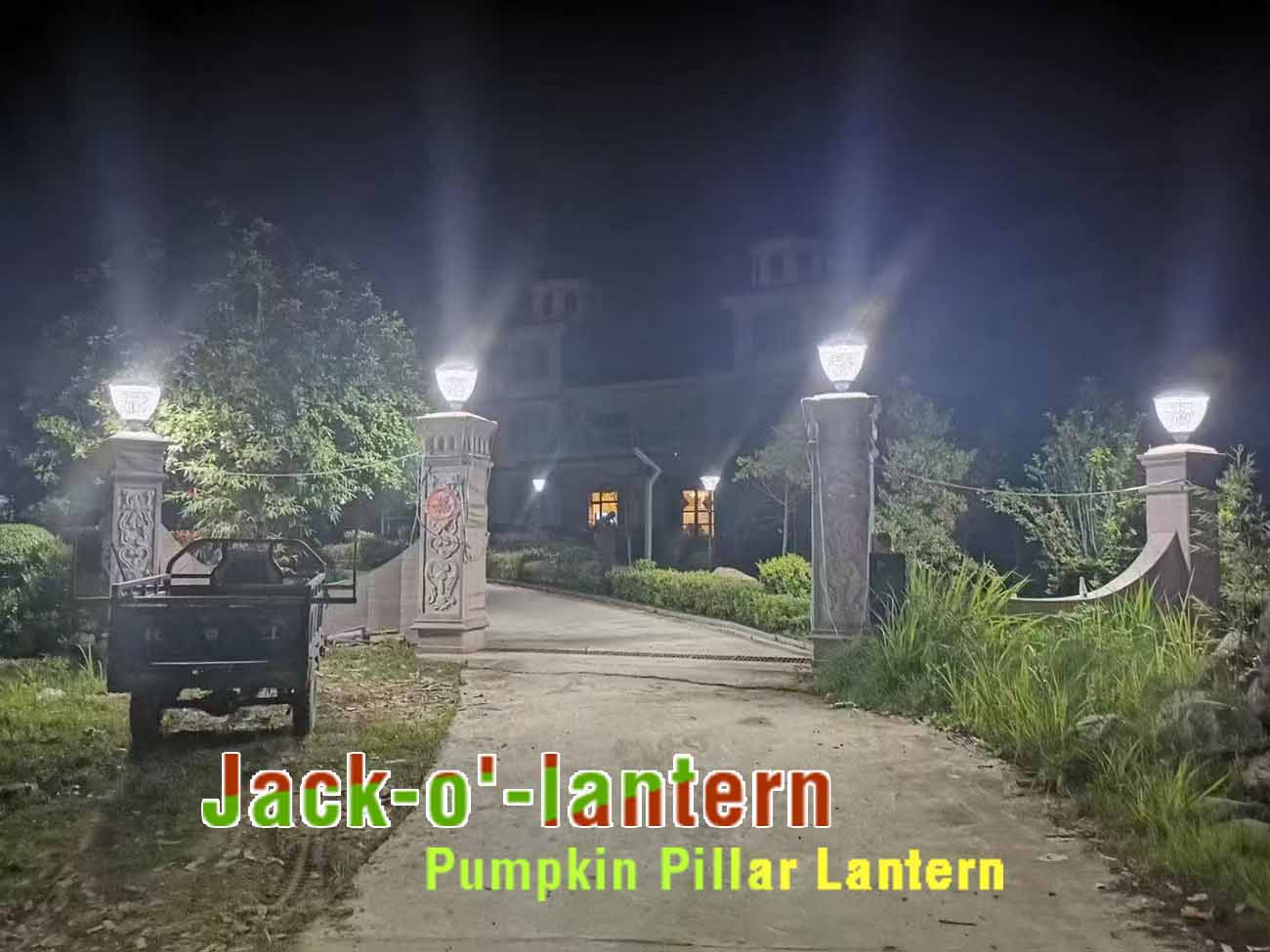1. Select Brightness Based on Core Purpose: 3 Brightness Ranges for 3 Scenarios
The core unit of measurement for brightness is lumens (Lumen), not watts (W). Different uses require different lumen ranges, as follows:

(1) Pure Decoration / Atmosphere Creation (10-50 lumens)
Applicable Scenarios: Halloween courtyard decoration, terrace corner decoration, and placement next to low-lying plants in the garden.
Selection Logic: This type of scenario does not require clear lighting; it only needs warm light to create a festive or cozy atmosphere. Too much brightness will ruin the atmosphere. For example, a low pumpkin pillar light placed next to flower pots or at the edge of the lawn can be selected with 10-30 lumens. When lit at night, it presents a soft halo, which is not dazzling and fits the decorative positioning.
(2) Path Guidance / Light Lighting (50-100 lumens)
Applicable Scenarios: Both sides of garden paths, next to porch steps, and short paths from the garage to the living room.
Selection Logic: It is necessary to illuminate the ground to avoid tripping at night, but it is not necessary to see details clearly. For example, if the column lights are placed 1.5-2 meters apart, 50-80 lumens can form a continuous light band, which can guide the direction without being as glaring as street lights, maintaining a soft atmosphere in the courtyard.
(3) Functional area main lighting (100-500 lumens) Applicable scenarios: courtyard leisure areas (such as next to tables and chairs), barbecue areas, children's activity corners, and directly in front of the entrance door.
Selection logic: The area needs to be clearly illuminated to meet the needs of activities (such as finding things, children playing).
For example, a pumpkin column light placed next to the terrace dining table can be illuminated with 150-200 lumens; a column light next to the entrance door can be selected with 200-300 lumens to clearly see the faces of visitors, taking into account both lighting and safety.

2. Ambient light: Choose low brightness in dark environments and increase it as appropriate in bright environments.
(1) Closed/shaded courtyards (such as those surrounded by high walls or large trees): Even for path lighting, 50-80 lumens is sufficient to avoid light pollution caused by overlapping light.
(2) Open/highly illuminated courtyards (such as unobstructed rooftops and open-air gardens): The light is strong during the day and the ambient light is brighter at night. The path lighting can be increased to 80-100 lumens to ensure that the brightness can be clearly perceived.

3. Lamp design: The hollow/transparent area affects the actual brightness.
(1) Pumpkin column lamps with many hollows and transparent lampshades: The light has strong penetrating power and the actual body feels brighter at the same lumen. You can choose 5-10 lumens lower (if 50 lumens is required, choose 40-45 lumens).

(2) Pumpkin column lamp with strong sealing and frosted lampshade: The light is more introverted, and the body feels darker under the same lumen. You need to choose 5-10 lumens higher (if 50 lumens is needed, choose 55-60 lumens).
leave a message
Scan to Wechat :

Scan to WhatsApp :
